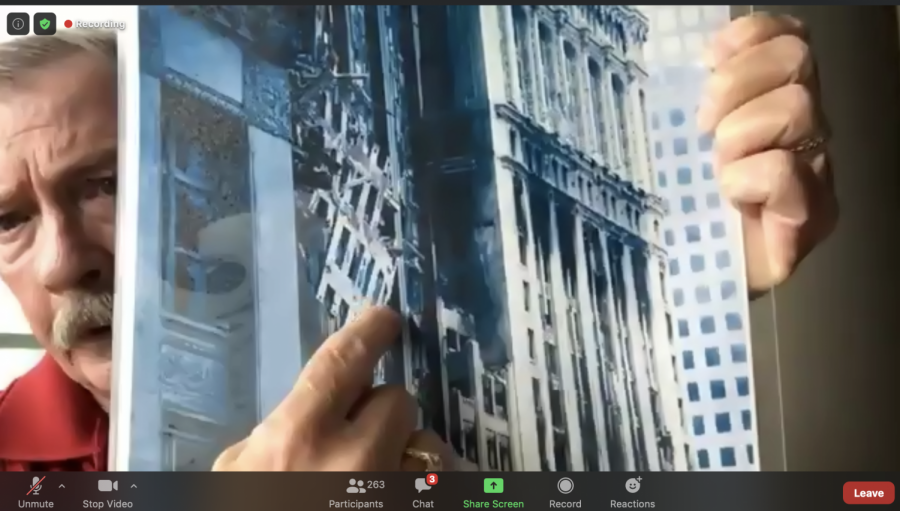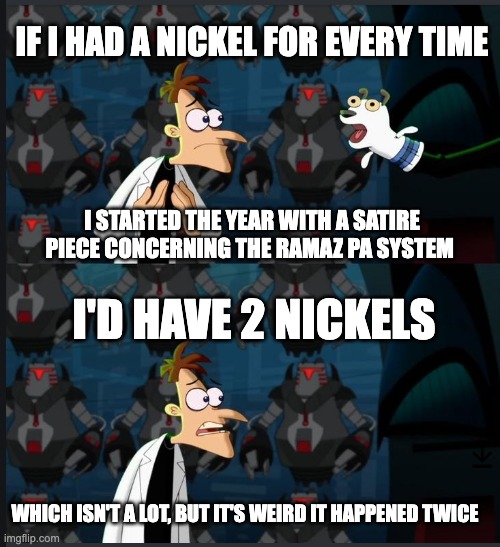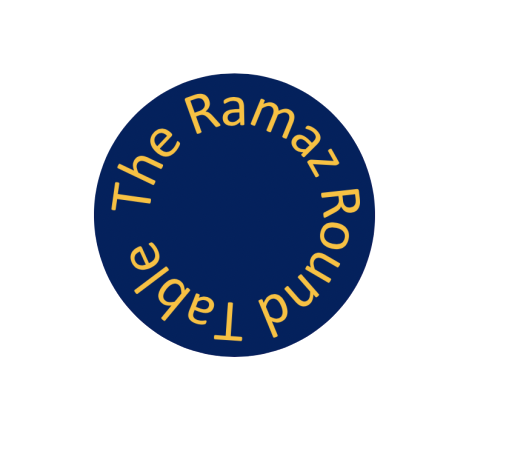More Must Be Done to Commemorate 9/11
From the moment American Airlines Flight 11 and United Airlines Flight 175 crashed into the North and South Towers of the World Trade Center on Tuesday morning September 11, 2001, America was never the same. Almost 3,000 people were killed and tens of thousands more injured. It was an unthinkable atrocity and one of the largest terrorist attacks in history.
In 2020, nearly two decades later, over 210,000 people have died from COVID-19 in the United States in the past 7 months, and over 23,000 in New York City. It is more important than ever to brand 9/11’s magnitude into the consciousness of Generation Z.
The horrific events of 9/11 were carefully orchestrated and deliberate political and ideological attacks on the core values of our country. Nineteen Al Qaeda militants, representing hundreds of thousands, likely even millions more, wanted to prove a point. They were proclaiming: We are attacking YOU – American citizens for having the right to vote, the right to live in a society where black lives matter, homosexual lives matter, female lives matter, and Jewish and Christian lives matter under a government willing to spend its own money to promote these values in democracies in all regions of the world.
True, there are those spreading toxic untruths that COVID was sneaky China’s plan gone awry at trying to kill us all off. But the motives behind 9/11 are undeniable. Or, so we would have hoped. The lead article in the Wall Street Journal on 9/11 this year highlighted conspiracy theories about the motives of the terrorist attacks. Now more than ever, it is essential to explain to our generation why the attackers wanted to kill us, before some teenagers start believing these false theories of who was behind 9/11.
In the past, the Ramaz administration made great effort to memorialize the attacks and all those who perished, bringing in speakers who share heartbreaking stories about collecting limbs, getting cancer from the smoke and debris, and desperately searching and praying that loved ones were still alive.
Sandwiched into a surplus of assemblies at the start of a plagued school year, was enough effort channeled toward 9/11 this September? I, along with many other students, felt we could have done better.
One of the first to arrive at the crumbling towers as a crane operator, Daniel Noesges told his 9/11 story this year on a virtual school assembly. His description of digging for bodies while the buildings continued to crumble around him was extremely powerful and brought some of us to tears, however, this was not the first time we have heard Mr. Noesges speak. Last year, in 2019, Noesges addressed the freshman class (now sophomores), and in 2018, he addressed the full school, which includes this year’s seniors and juniors.
Following the assembly, texts flooded grade group chats, respectfully mentioning that the speaker was a repeat. Some remarked that it was disrespectful for the school to put this little effort into such a momentous event, while in previous years programming was more intensive.
As we have seen with Holocaust deniers, historical revisionism is dangerous, and we must do everything we can at Ramaz to prevent it by making the tragic day as compelling as possible. Perhaps students would have liked to see the terrorist attack portrayed through different eyes. Maybe instead of a firefighter or EMT, through the eyes of a civilian or a historian. I am sure it would be intriguing and heartwrenching to hear someone from Muslim origins who was discriminated against due to his or her religion in the months following the attack.
This year, due to COVID, NYC also played down the day, deciding they would not shine two pillars of lights out of Ground Zero in an attempt to reduce crowds from gathering to prevent an outbreak.
#NeverForget really means to never forget EXACTLY what happened, to leave no room for misconceptions and theories. We must not only remember that there was a terrorist attack on September 11, 2001, but who the culprit was, what the purpose was, and how we overcame the tragedy together.




